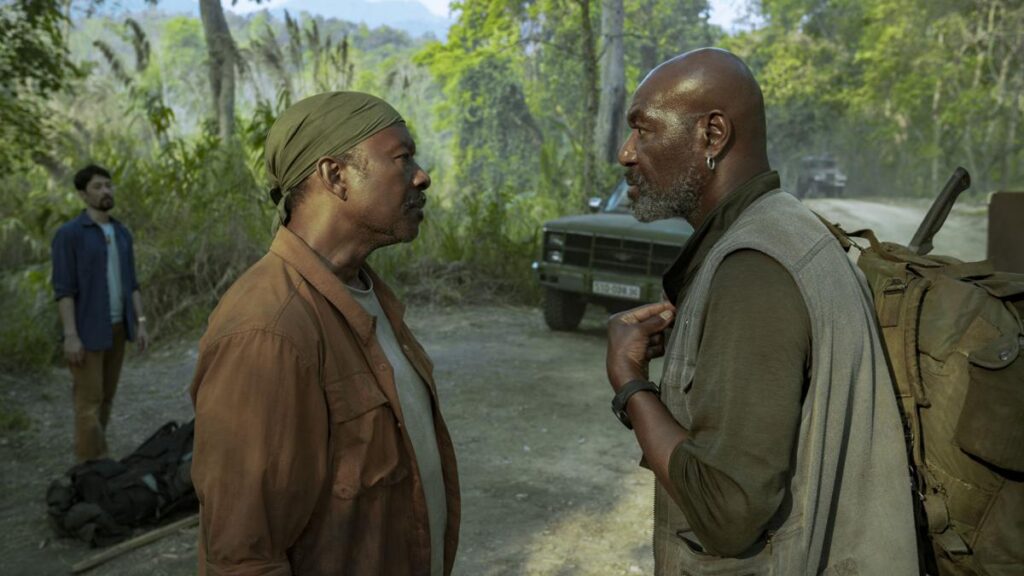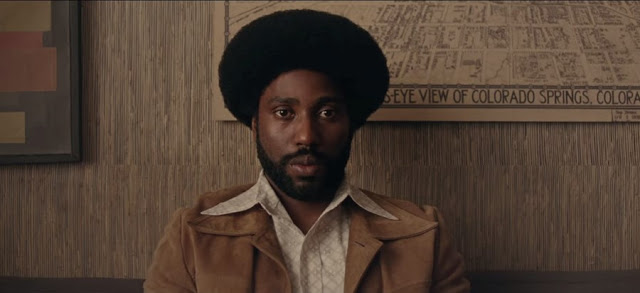Da 5 Bloods: No Jungle Fever, But the Country’s Still Sick

Spike Lee’s Da 5 Bloods is frequently breathtaking and just as frequently stultifying. It conjures images and sequences of enormous power; it also dilutes that power, thanks to the sloppiness of its storytelling and the willful indiscipline of its creator. This can be frustrating, but it isn’t especially surprising. Lee is a rare director not just for his filmmaking gifts, but for the breadth of his ambition; he’s a crowd-pleaser who wants to make you angry, a fire-breathing preacher who wants to show you a good time. His best movies (Do the Right Thing, Malcolm X, 25th Hour) harmonize these seemingly contradictory impulses, functioning as robust works of eye-catching pulp without sacrificing their thematic relevance or political charge.
Da 5 Bloods is not on their level. Its mixture of entertainment and agitprop is ungainly; the competing ingredients clash rather than complement. Yet it remains a furiously watchable film—heavily flawed, yes, but coursing with energy and personality. You may chafe against its awkward blend of tones, but you are unlikely to forget its vigor or its fury. Read More

